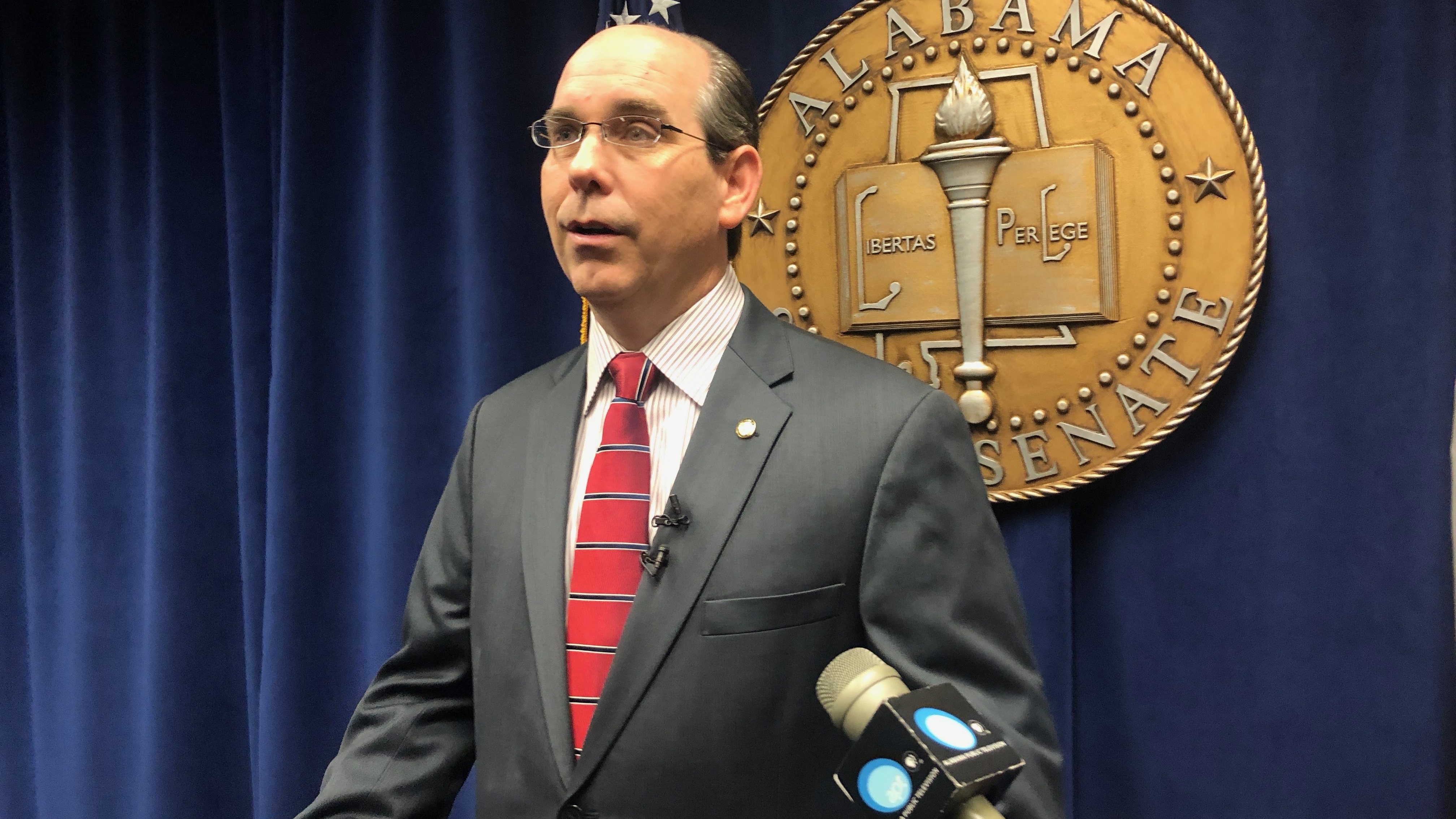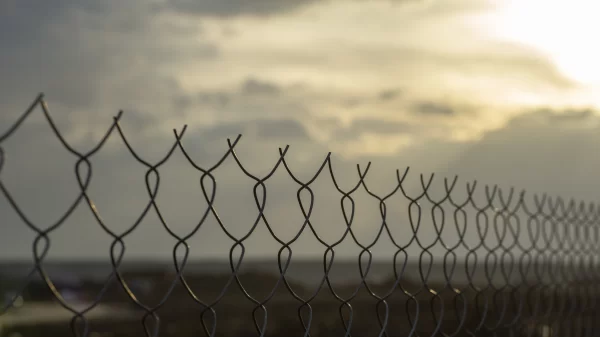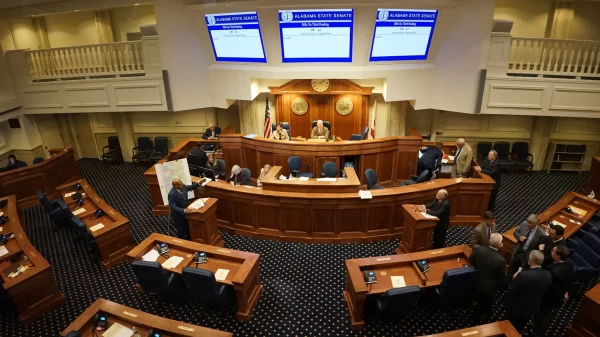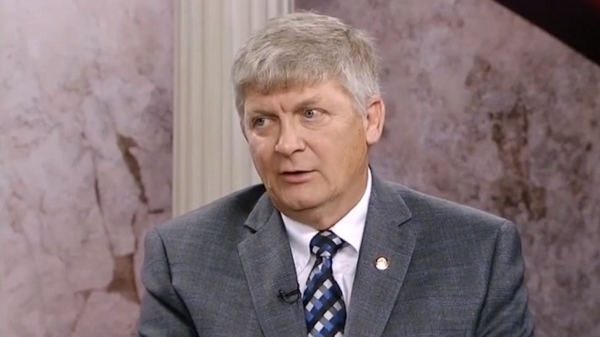By Chip Brownlee
Alabama Political Reporter
The Alabama Senate on Thursday voted unanimously to pass a bill that would make a voyeuristic act known as “upskirting” a felony.
If passed by the House and signed into law, the legislation, sponsored by Sen. Clyde Chambliss, R-Prattville, would make it illegal for anyone to take a photo of a woman’s intimate areas by sneaking a phone under her skirt.
“It’s the beginning of the processes of justice for a lot of victims,” Chambliss said Thursday. “It’s a very emotional issue for them. They feel defiled, invaded, their privacy. It may be a public place, but we wear clothes to protect our privacy.”
Chambliss said several women approached him after being victimized by men who upskirted them, including two women who fell victim to a man taking pictures of them in Prattville big-box retail stores. One was shopping at Walmart when the man snuck up behind her, pretended to grab something off the bottom shelf and snapped a photo up her skirt.
Another was shopping at an area Lowes.
The man was arrested and charged with attempted misdemeanor criminal surveillance but a court threw out the case because there are currently no laws on the books specifically against upskirting.
“They felt disenfranchised by a law, that they didn’t get the justice that they needed,” Chambliss said.
Those incidents in Chambliss’s district stirred him to action. In total, he heard from six victims. One was a school teacher who quit her job after photos were shared and students found out about the incident.
“It really leaves the victims empty,” Chambliss said. “The law doesn’t specifically outlaw that, and we want our judges to strictly interpret the law. … This is the first step of putting the language into law.”
Other acts — secretly taking a photo or video of someone’s private parts without their knowledge and consent — would also be defined as voyeurism and could be prosecuted as a felony under the new law if they take place in areas where the victim has a reasonable expectation of privacy.
“If you’re just walking down a street in your bakini, this law would not apply to you,” Chambliss said.
If a person 16 years or younger commits an act covered by the law, he or she would be charged with a misdemeanor instead of a felony. A first-degree charge would require that prosecutors show the purpose to be sexual gratification. Prosecutors wouldn’t have to prove purpose to charge a person with second-degree voyeurism.
A Class C felony in Alabama is punishable by up to 10 years in prison.
Chambliss said the law as it stands now is behind after advances in technology.
“There’s new technology out there that wasn’t available when the law was written years ago so now we’re just trying to catch up with technology,” Chambliss said.
Victims will also be able to retain the evidence — photos or videos — to either destroy it or pursue civil cases if a criminal case is dismissed.
“Hopefully it will just prevent it. That’s the goal, to prevent this type of thing,” Chambliss said.
The bill will head to the House for its consideration.





















































